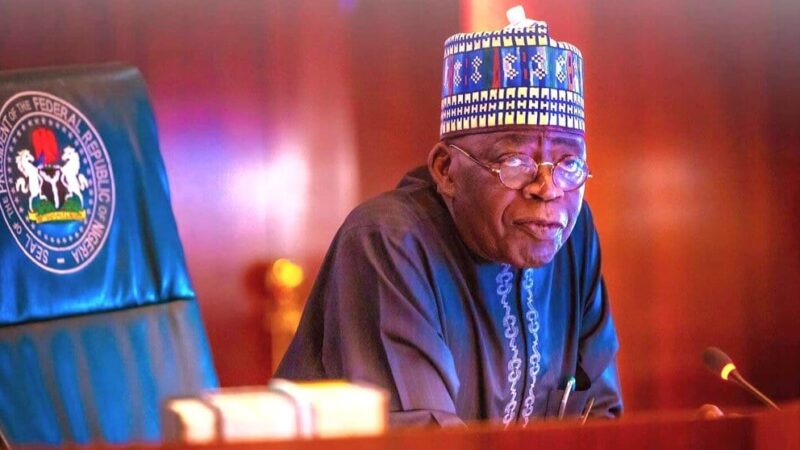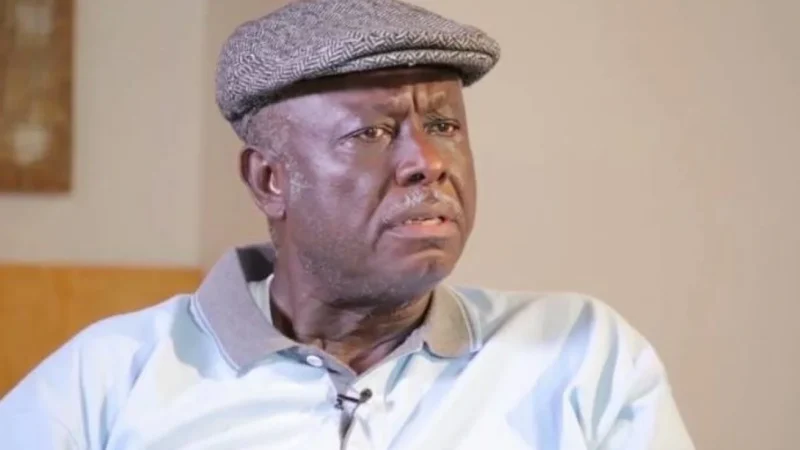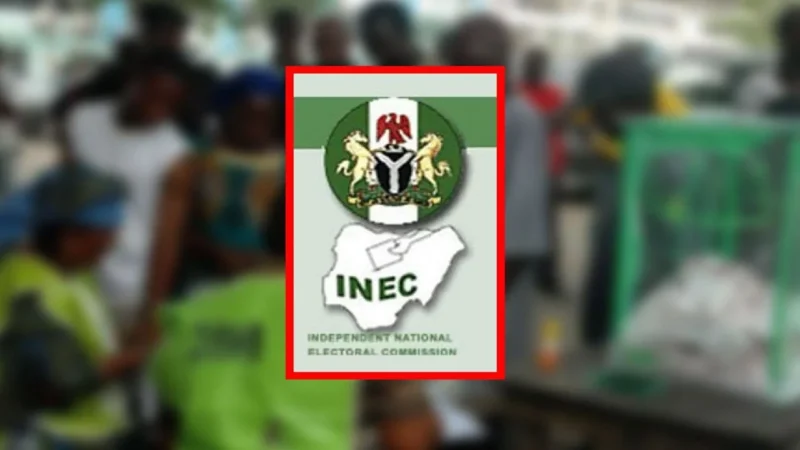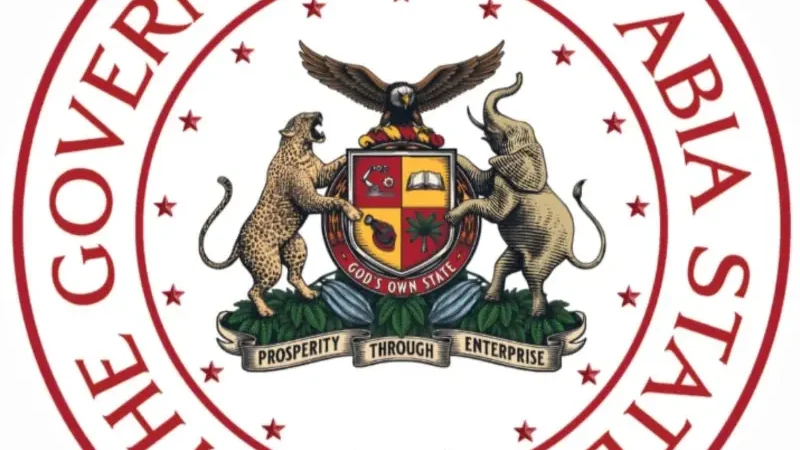One million children out of school in Kano – Report
 Nearly one million children in Kano State are currently out of school, according to the United Nations International Children’s Emergency Fund, UNICEF.
Nearly one million children in Kano State are currently out of school, according to the United Nations International Children’s Emergency Fund, UNICEF.
Mr. Rahama Rihood Farah, Chief of UNICEF Field Office Kano revealed this on Friday while speaking at a press briefing on the occasion of the International Day of Education (IDE) 2025.
Mr. Farah highlighted the alarming state of education in the northwest region of Nigeria, with Kano, Jigawa, and Katsina states accounting for a significant portion of the country’s out-of-school population.
“The situation of out-of-school children in Kano, Jigawa, and Katsina is alarming,” Farah said.
“Currently, there are about 10.2 million children at the primary level out of school in Nigeria, with 16 percent of them coming from these three states.”
In Kano State alone, 989,234 children are out of school, representing 32% of the primary school-age population, according to the Multiple Indicator Cluster Survey (MICS) 2021.
He highlighted the challenges faced by children in the region who do manage to attend school, as poor learning outcomes continue to hinder their educational progress.
He said, “While the spectre of Out of School Children (OOSC) is a major concern, the challenge is that even those children who have the opportunity to be enrolled in school are not having quality education.
“Only 1 out of 4 children in Nigeria, aged 7-14 years can read and understand a simple sentence or solve basic arithmetic,“Farah noted, citing the MICS 2021 report
He noted that education is a fundamental human right and engine of development of every society.
“It is therefore important for duty bearers and right holders to take action to address the barriers that hinder children from accessing quality basic education.
“On this day when the global community is celebrating the International Day of Education, UNICEF calls on the Governments of Kano, Jigawa and Katsina to; increase appropriation, release and spending on basic education, expand school infrastructure that is to rehabilitate, build and maintain and recruit more qualified teachers to fill existing gaps in the basic and post basic education sector.
UNICEF further expressed support for the initiatives of state governments to improve the education sector and reiterate its commitment to working with the governments of Kano, Katsina and Jigawa states for improved basic education outcomes in the states.







